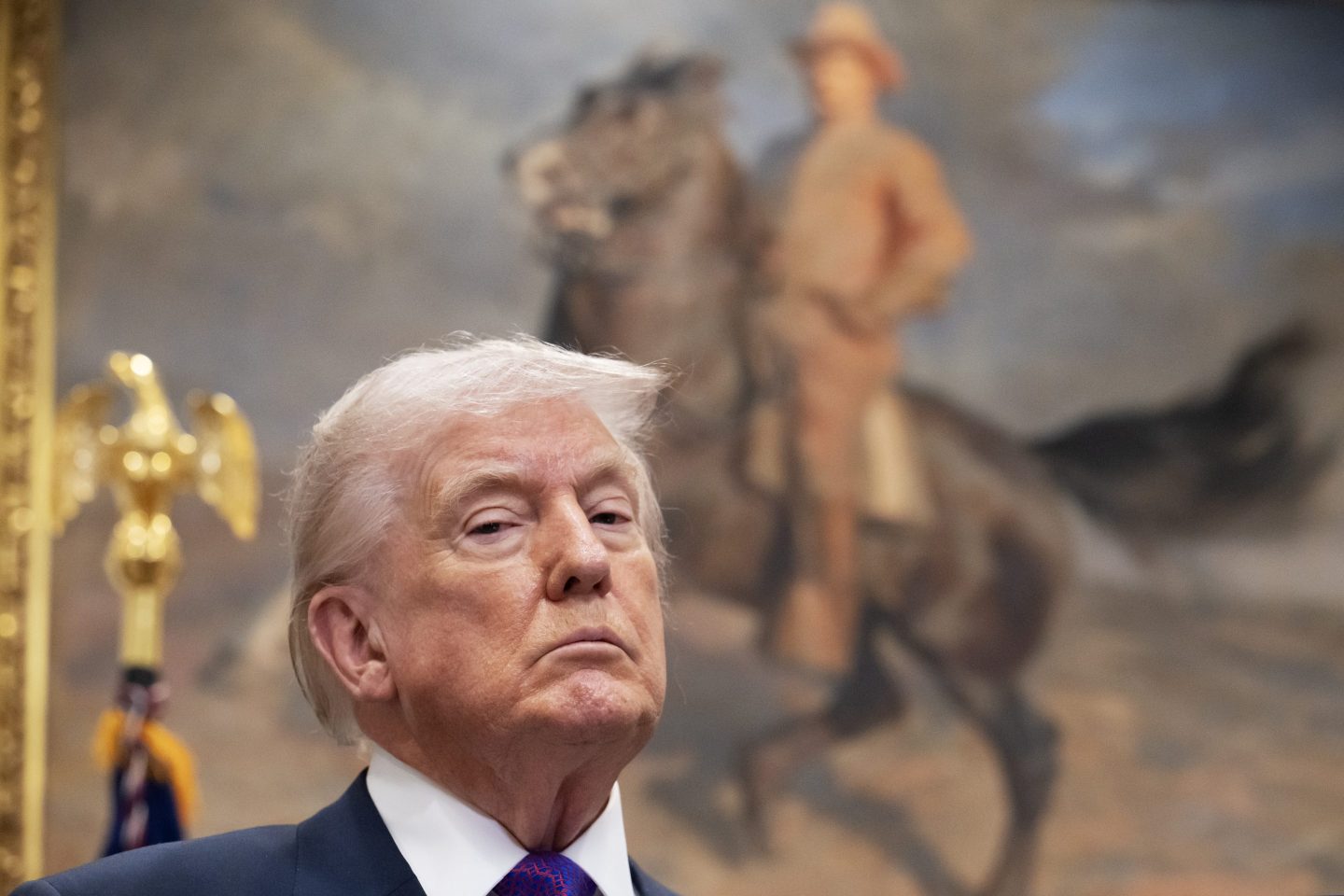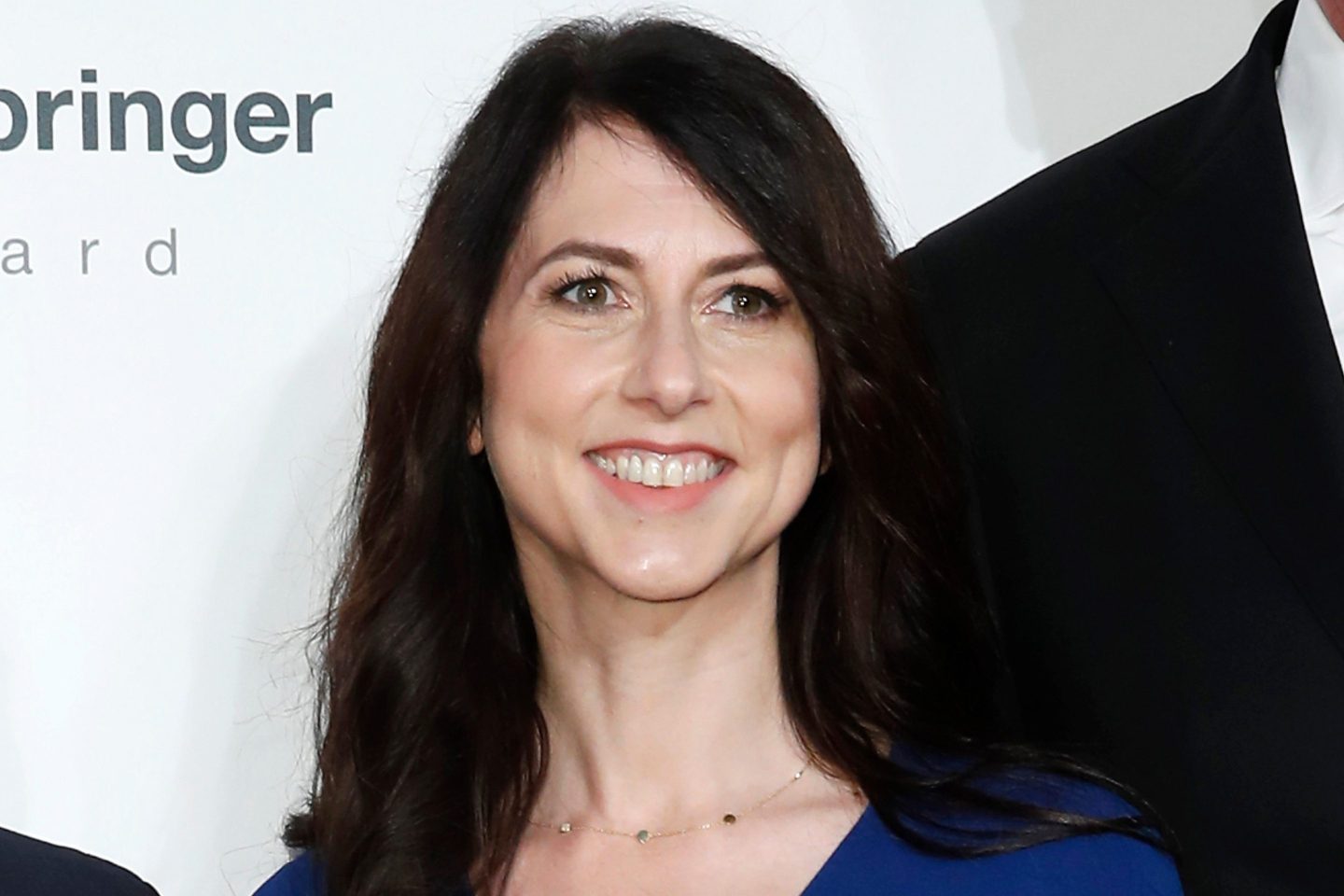Good morning!
In a pre-AI world, consulting firms would grapple with creatively building teams for projects. During what Kimberly Jones, PwC’s managing director of talent strategy and people experience, jokingly calls “the olden days,” employees would typically pick people they knew to join them for certain work.
But now, with the firm relying on AI to help upskill and track the skills of its hundreds of thousands of employees, workers at PwC are taking a different approach and selecting teammates based on the expertise needed for the project–whether they’ve worked with them before or not. This kind of collaboration is necessary, she adds, in an environment where “skills are currency.”
“It more transparently allows people to be seen. It’s not about who you know, it’s what skills you have, and it truly is supporting that kind of skills-based economy.”
Jones was one of the many HR leaders I met with last week in Las Vegas at the Great Place to Work For All Summit whose companies appeared on Fortune’s latest 100 Best Companies to Work For list. And unsurprisingly, everyone there wanted to talk about AI.
For instance, another leader I talked to, Fadzlun Sapandi, executive vice president of global human resources at logistics company DHL Express, said she’s motivating her frontline workers to embrace the new tech by encouraging them to “think about it in a positive way.” In other words, she wants them to spend time finding the roles and skills where their expertise could add value and focus on that.
Another executive, Penny Pennington, managing partner at wealth management firm Edward Jones Investments, shared similar sentiments onstage with my colleague Diane Brady. In her view, AI is a way to “humanize the extraordinary by automating the ordinary.”
If you’re interested in hearing more, we’ll be talking all about AI and how it will affect the future of work at our inaugural Fortune Workplace Innovation Summit next month, May 19-20, 2025, in Dana Point, CA.
Join me, my colleagues, and executives from companies like OpenAI, Indeed, IBM, Salesforce, Chipotle and more for interactive masterclasses, influential networking, and engaging content.
Apply for an invitation here.
Kristin Stoller
kristin.stoller@fortune.com
Around the Table
A round-up of the most important HR headlines.
Trump gave automakers a break, offering deductions on U.S.-made parts, but industry executives are stuped over how to get them. Wall Street Journal
Loft tariffs on China are leading more companies to consider moving manufacturing to India, but there may not be enough skilled labor for that to happen. New York Times
Many federal workers who laughed off the first buyout offer from the government are now reconsidering for the second time after seeing DOGE cuts in action. Bloomberg
Watercooler
Everything you need to know from Fortune.
Ignoring the problem. Employers are underestimating just how burned out their workers are, and not paying attention could be an expensive mistake. —Sara Braun
Predicting the worst. Due to tariffs and mass economic uncertainty, more than 60% of CEOs say a recession is more than likely to happen in the next few months. —Sydney Lake
Bringing back factory jobs. Fellow Americans agree with Trump that the U.S. would be better off with more manufacturing jobs, but most people don’t want to work them. —Alicia Adamczyk













